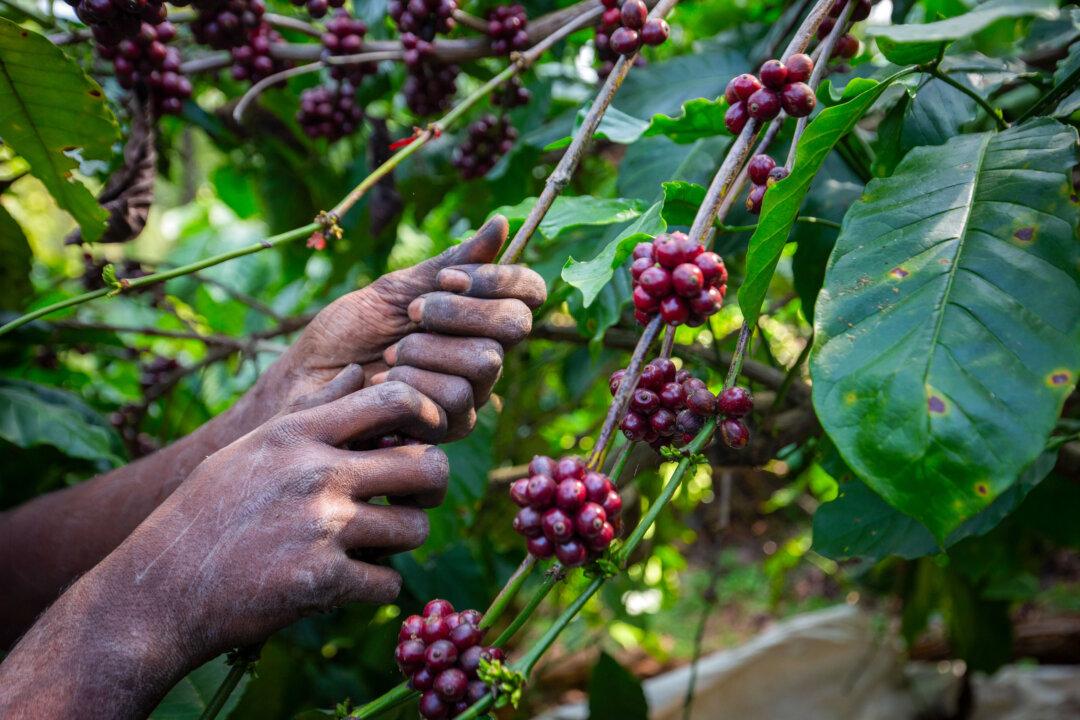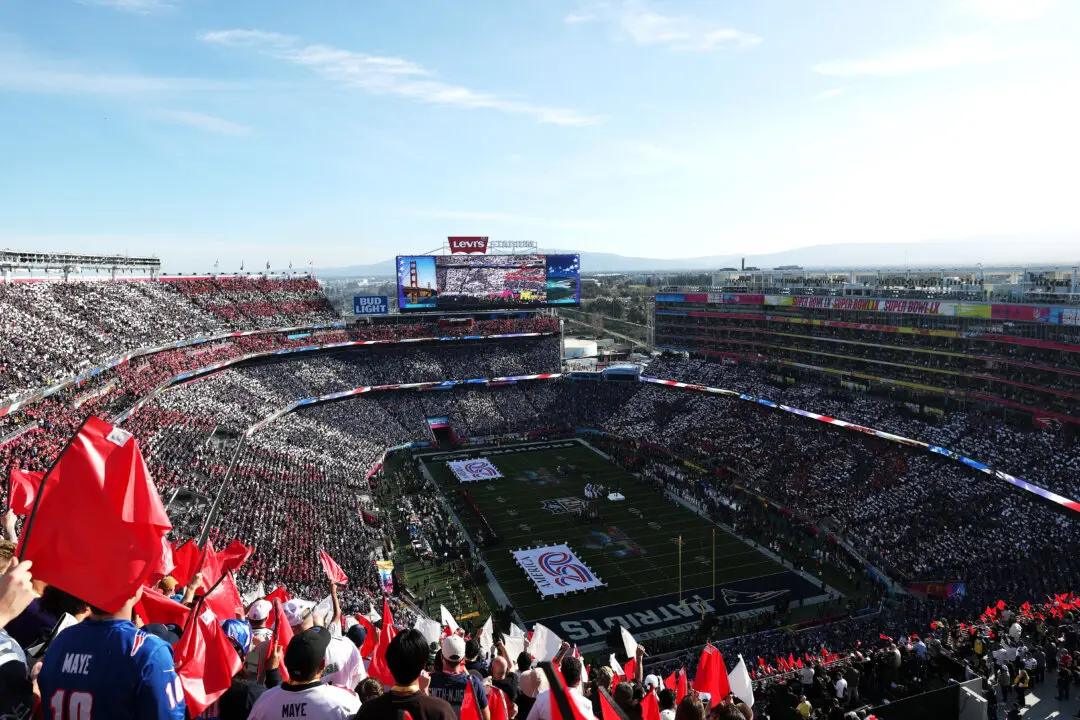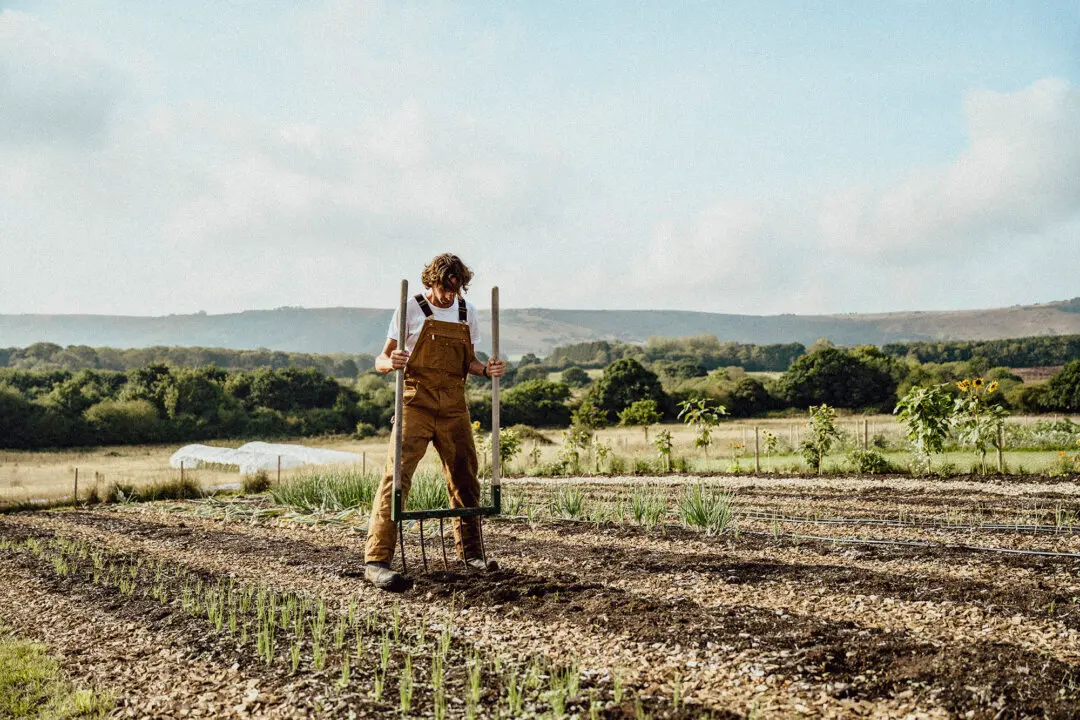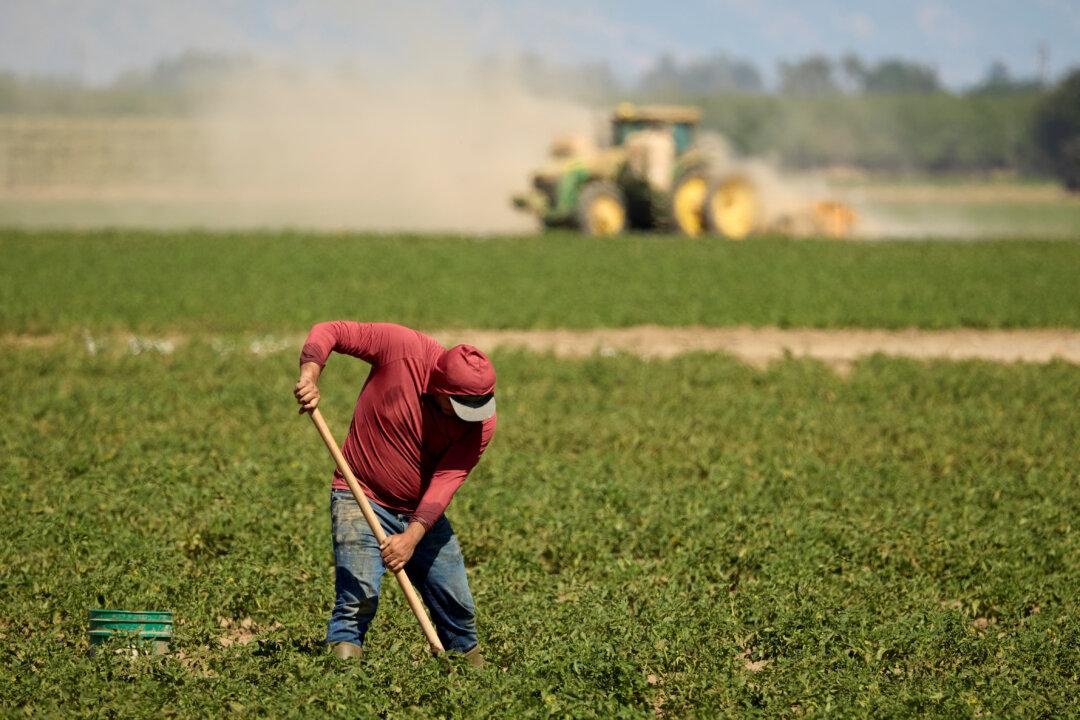Commentary
My morning ritual starts with quietly tiptoeing downstairs, hoping to not wake my children or my husband. I turn on the espresso machine, pull two long shots, and settle into my porch chair—or the old rocker inside, if it’s too cold. These hours between 4 a.m. and 6 a.m. are when I gather my thoughts and often write. This ritual is important to me. Which is why, this morning, it hit me differently when I opened my phone and found a video of a World Economic Forum panel that someone had sent me with the message, “Is this true?”





